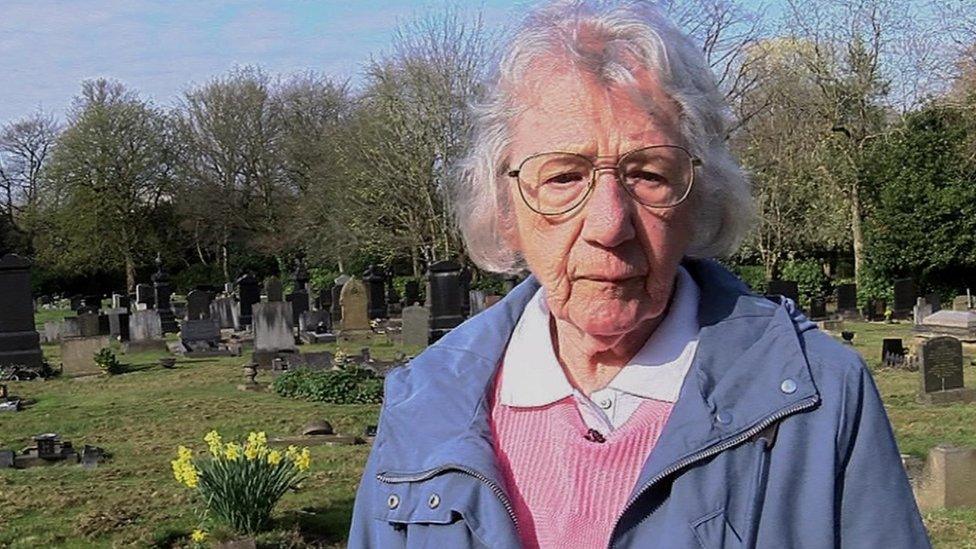Mum of stillborn baby sets up group to help others
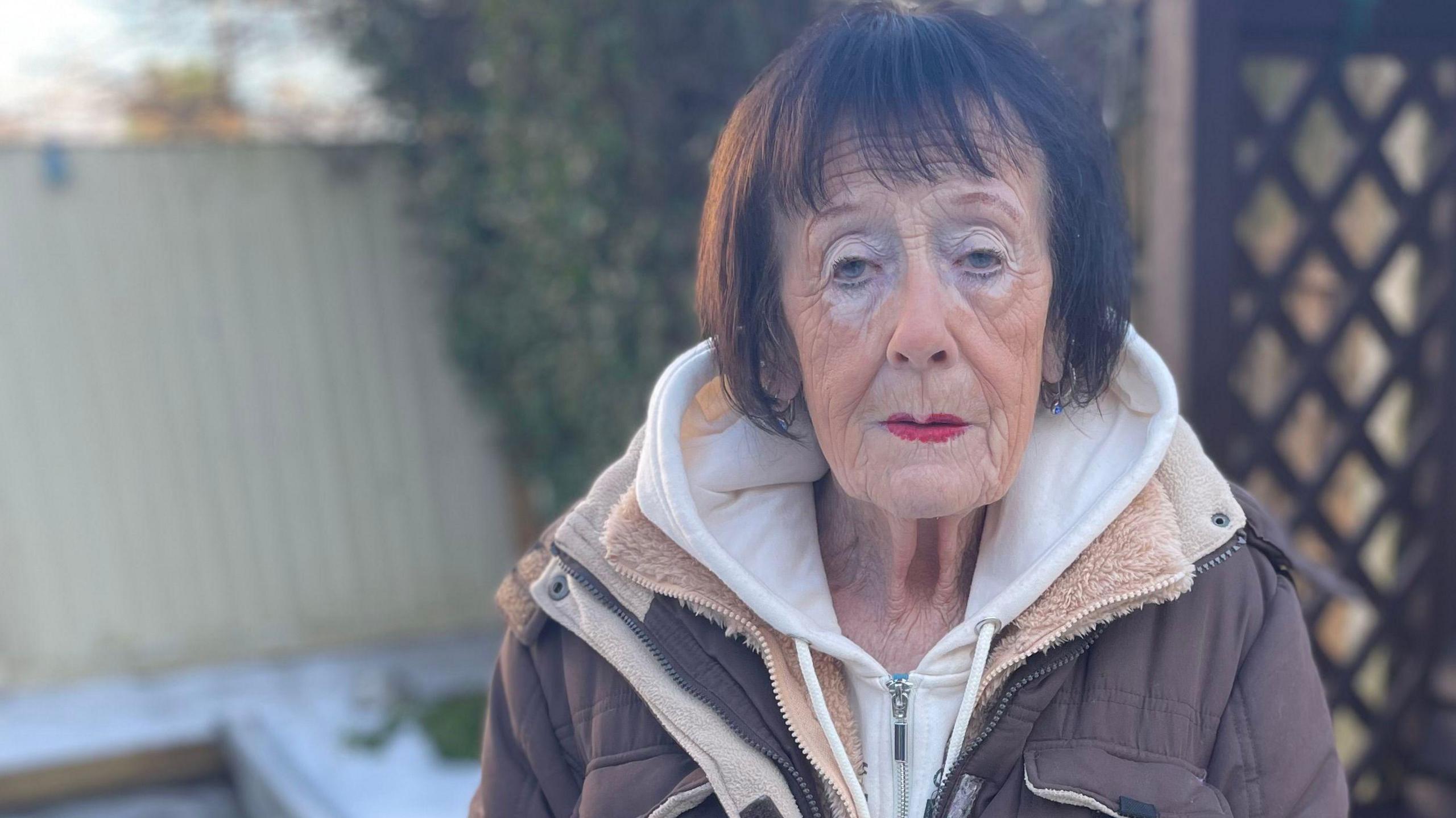
Gina Jacobs has set up a Facebook group to help and connect other families
- Published
A woman who spent more than 50 years not knowing where her baby was buried is now dedicating her time in helping reunite families with the resting places of their own stillborn babies.
It took 53 years for Gina Jacobs, from Wirral, Merseyside, to discover what happened to her baby boy, Robert, who was born with his cord around his neck in February 1969.
While she knew Robert was buried somewhere in Landican Cemetery, in Woodchurch, she never found out his exact location until a previous BBC programme led her to search the public burial records.
Since the discovery, the 80-year-old has set up an online support group for those affected and is now helping other women find their children.
The Missing Babies
The fight for families to find where their stillborn babies were buried decades ago.
"More people by the day are asking to join," she said, describing the group as a "powerful and important" space.
"It's a place for people to be able to come and speak to other people who've been through it," she added.
'Platform to speak'
Mrs Jacobs said her online group called Gina's Sleeping Babies Reunited provided the space for people to feel comfortable to talk about their experiences and emotions, "without it being in view of everybody".
"They are all talking about their babies, which [in the past] we couldn't do, including myself," she added.
"We just didn't speak. But this gives permission and that platform to be able to speak."
Before the mid-1980s, funeral arrangements for stillborn babies were taken care of by hospitals and maternity homes.
Very little information was shared with parents about what would happen to their stillborn infants.
Many were buried in shared or mass graves, with families going decades not knowing the whereabouts of their final resting places.
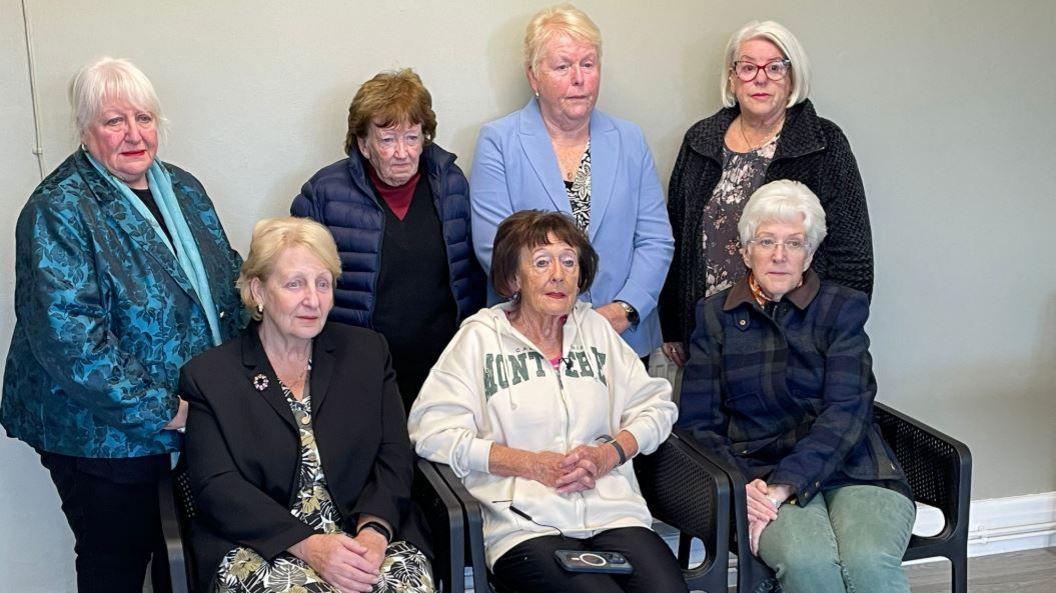
Gina Jacobs, centre, with other women who have joined her online support group
Baby Robert lies together with more than 60 others.
Mrs Jacobs, who lives just a few miles from his burial ground, believes there are around 1,000 babies buried in surrounding ground.
For the first time, she recently met up with some of those who have joined her group.
Sisters Lynda Matthews and Jenny Lloyd lost a brother, named David, through stillbirth 75 years ago.
Lynda said: "My mother had always looked for him and couldn't find him.
"We'd been through cemetery records, we'd been to undertakers and never found him."
While Mrs Jacobs has been able to help the sisters secure a stillbirth certificate , David has still not been found.
"We always knew about David," Jenny said.
"David was the second born to my mother. She always spoke of him.
"She'd talk about how she'd felt after she lost him and how upset she had been and that she didn't know where he was."
'Horrified'
Lesley Elkins had a stillborn girl nearly 43 years ago and said at the time she was not told anything, only that her baby would be buried with someone else.
After contacting the group last year, she finally found her daughter's resting place.
"Gina got the name of the plot, the number of the plot and everything, without her I would never have found her."
Doris Dutton also found her baby after 50 years after joining the group, but cannot bring herself to visit his final resting place.
She said: "Like all the other mums I was told my son would be buried at the foot of someone's grave, and then I found out he was in a mass grave.
"I was horrified when I read about the open graves, and the way they just used to leave it open until they put another body in."
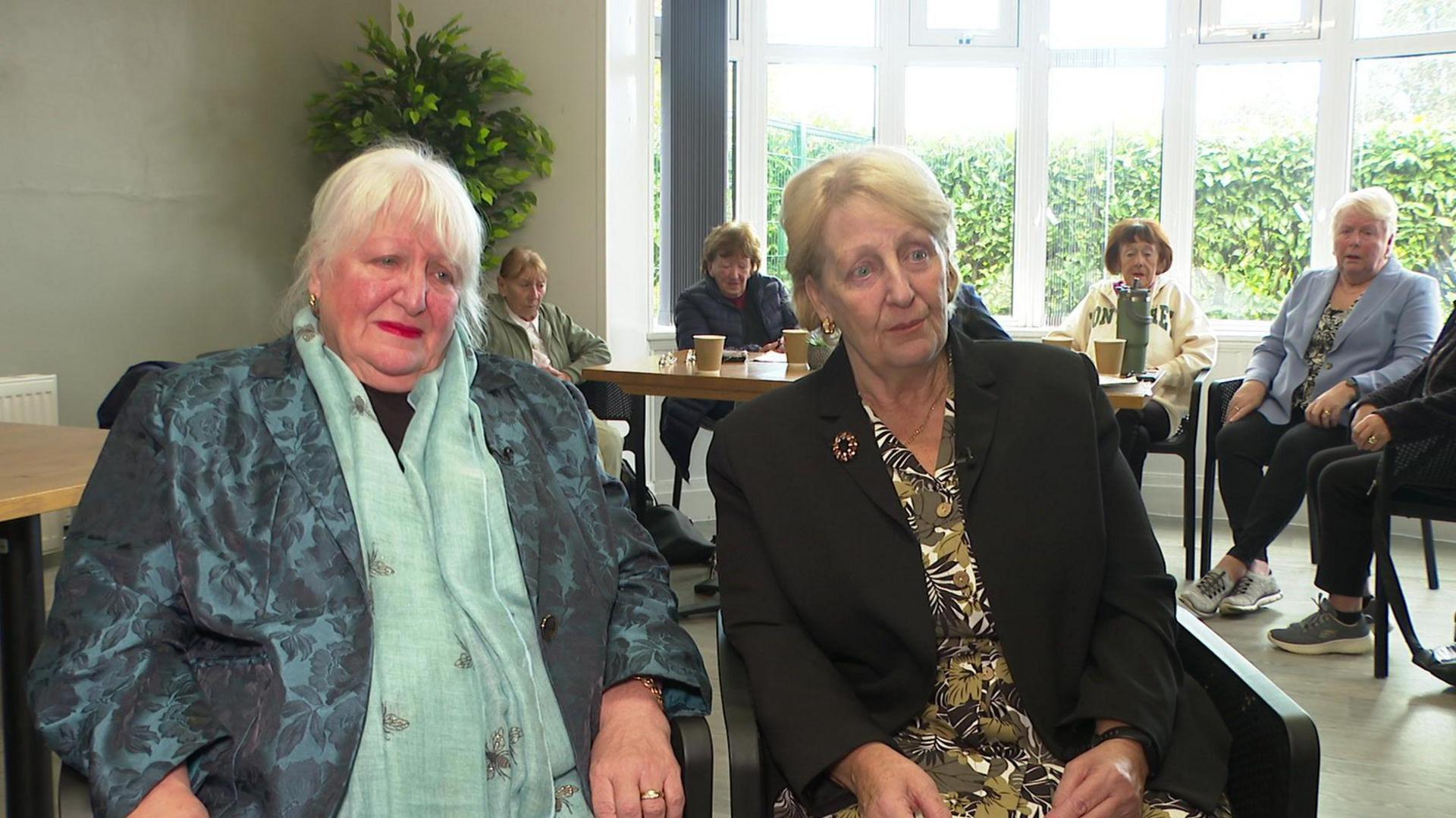
Jenny and Lynda Matthews found their brother's resting place after years of searching
Diana Williams spent four decades believing her baby boy was buried in a church cemetery, only to find out he was in a location nearby.
"We never visited there because we were told that the baby would be in with somebody else, that was told to us by the hospital."
When she did decide to visit, she was told he was not there and that "he'd been buried in a shared grave with 32 others".
"I personally want to know how this came about and who made the decisions, because somebody did."
'We need an apology'
Mrs Jacobs wants the process of finding stillborn infants to be made easier for grieving parents and families, through the digitisation of all burial and cremation records.
Historical grave and burial records are usually kept in handwritten ledgers, and while some authorities have digitised these old records, not all have.
In 2024, Mrs Jacobs called for an official government apology for the practices of the past.
While this was acknowledged in the House of Commons, the then-Prime Minister stopped short of an apology.
Mrs Jacobs said: "We were lied to and we were stopped from seeing our babies.
"We were told to go home and get on with it. We have to have an apology. It's as simple as that."
A Department of Health and Social Care spokesperson said: "Our sympathies are with Gina and all the women and families affected.
"We expect all hospitals to provide as much information as they have available to any parents who inquire about what happened to their stillborn babies, no matter how long ago they passed away.
"All parents are also now able to apply for baby loss certificates, regardless of when the loss took place.
"It is important for bereaved parents to have the option to officially recognise their loss if they wish to do so."
If you or someone you know has been affected by issues with pregnancy, contact BBC Action Line, where these organisations may be able to help.
Get in touch
Tell us which stories we should cover on Merseyside
Listen to the best of BBC Radio Merseyside on Sounds and follow BBC Merseyside on Facebook, external, X, external, and Instagram, external and watch BBC North West Tonight on BBC iPlayer.
Related topics
- Published5 September 2024
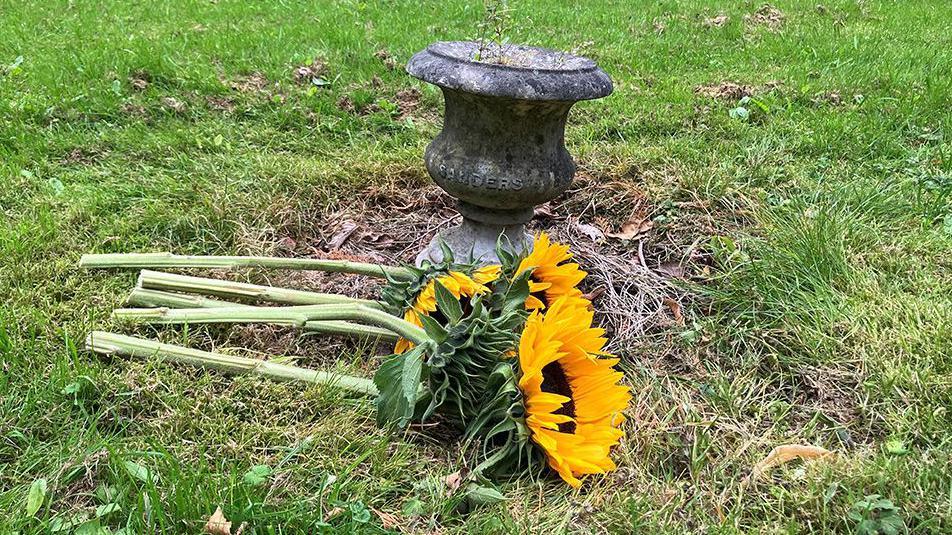
- Published14 November 2023
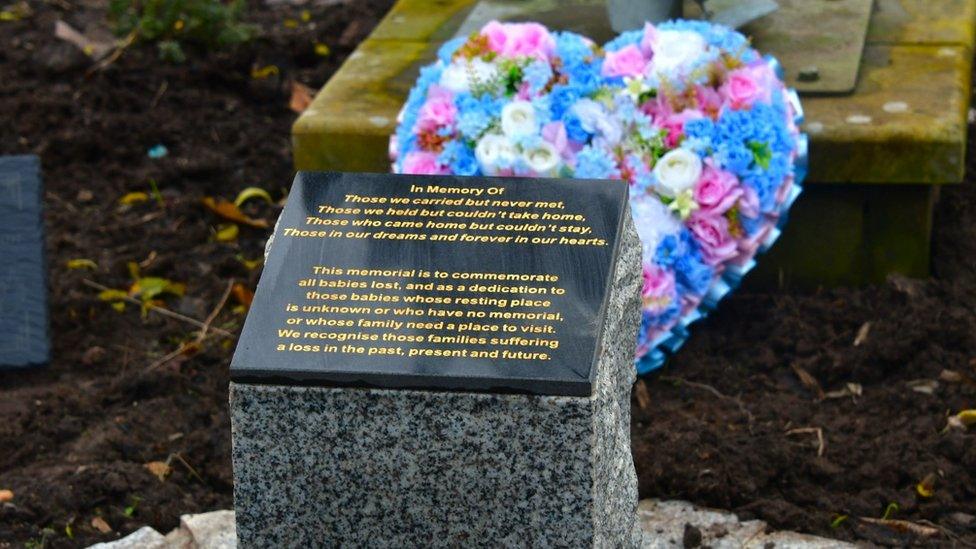
- Published14 May 2024
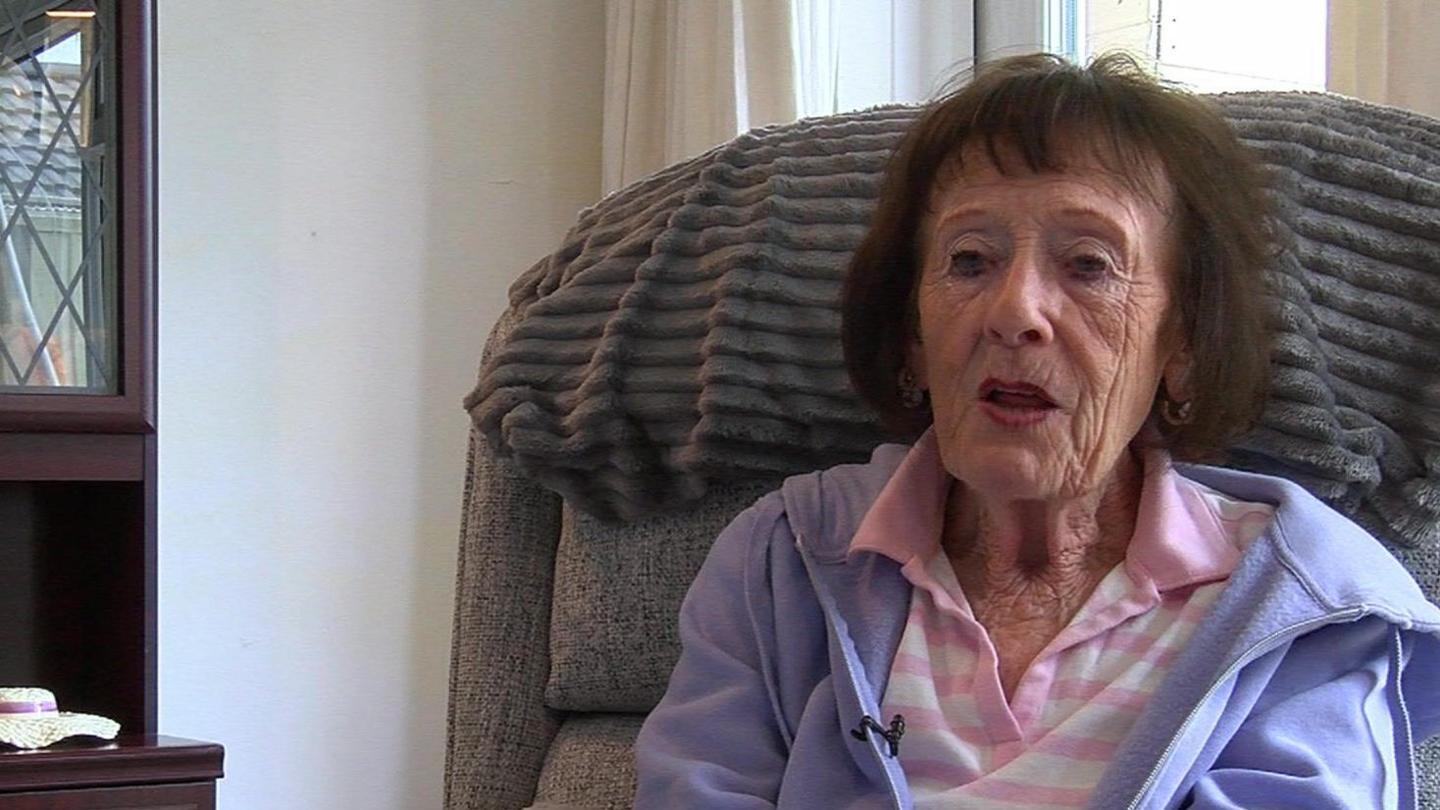
- Published12 October 2022
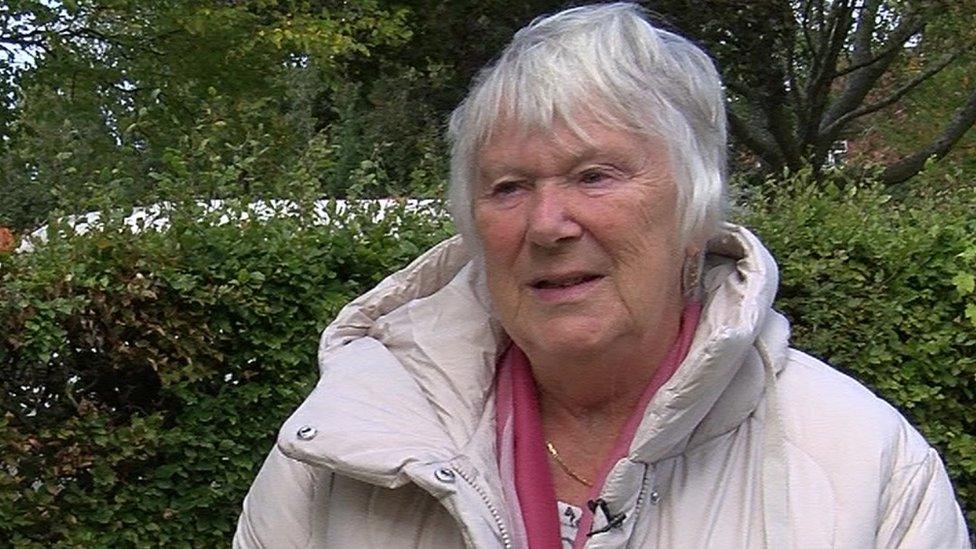
- Published12 May 2022
